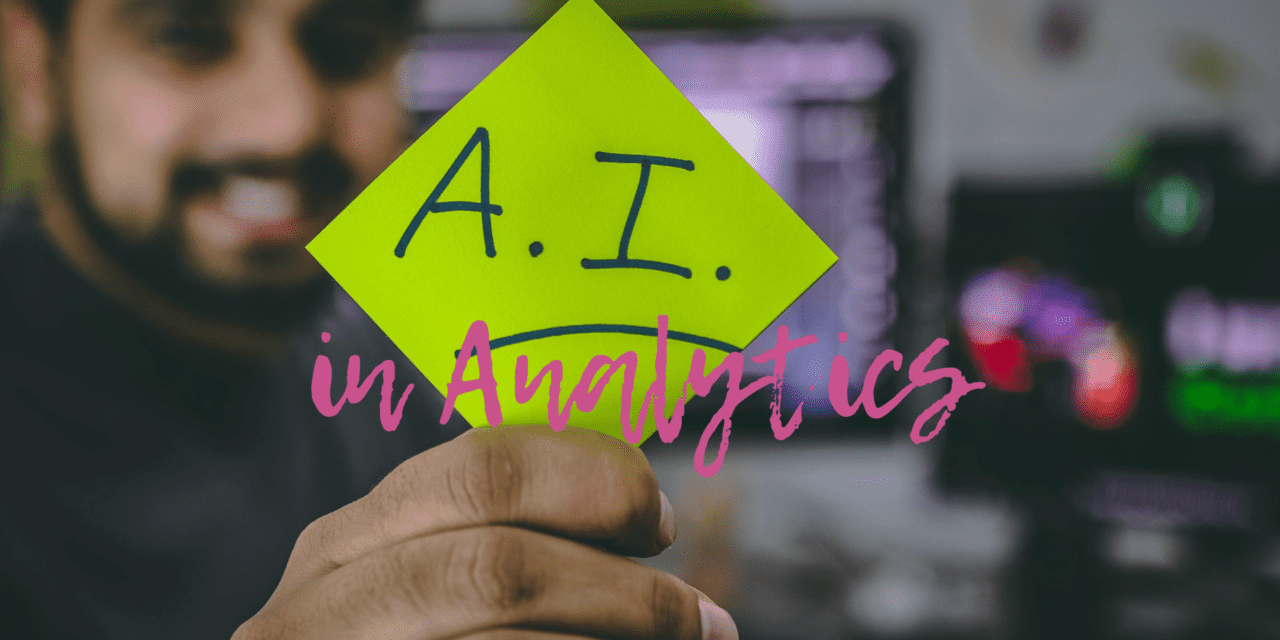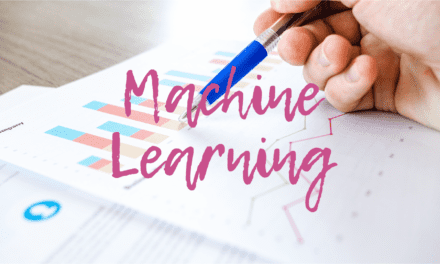Data analysis has been a growing concern for businesses of all sizes for years, but artificial intelligence has completely transformed the way we approach analytics. While we’ve only begun to scratch the surface of AI’s potential, it’s clear that AI and machine learning are here to stay.
In this article, we’ll take a look at some of the key effects of artificial intelligence on analytics in 2021. After reading, don’t forget to check out our website to learn more about how our ai-powered bi tool can make your organization more efficient at every level.
Automated Analysis
Data analytics is incredibly time-consuming and resource-intensive, and artificial intelligence allows companies to perform these tasks in a fraction of the time. With that in mind, it’s no surprise that modern data scientists are often also working on AI-related projects.
Artificial intelligence can quickly analyze large volumes of data and either take action or relay new information to a human employee. These systems can make AI a natural part of any workflow—it should fit in with the rest of your practices rather than working separately.
Accessibility
Given the talent gap in data analytics, highly skilled workers in this field have largely been hired off by the largest firms. Natural language query—often known as natural language interaction—minimizes the need for data scientists by allowing people to interact with complex systems in plain language.
While these new systems won’t remove the need for data scientists and other experts, they make the benefits of artificial intelligence more accessible to a broader audience. Top natural language processing companies like Deeper Insights, DataRoot Labs, and Infinia ML are key contributors to the recent growth in this sector.
Synthetic Data
Organizations that deal with sensitive information often have to make trade-offs between privacy and data completeness. Traditional scrubbing and anonymization services are still widely used, but synthetic data vendors are offering an innovative alternative.
Unlike conventional anonymized data, synthetic data doesn’t include any “real” information—the data points themselves are artificially generated to match the characteristics of the underlying dataset. This allows businesses to leverage the full value of their data without having to worry about privacy concerns or de-identification.
Artificial intelligence has already dramatically altered common practices in data analytics, and it will only take on a greater role in the field over the next decade and beyond. These are just a few of the innumerable effects of AI on the analytics space.








